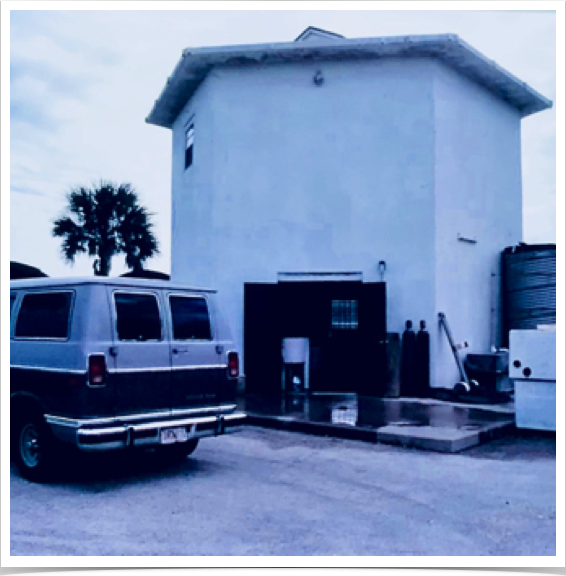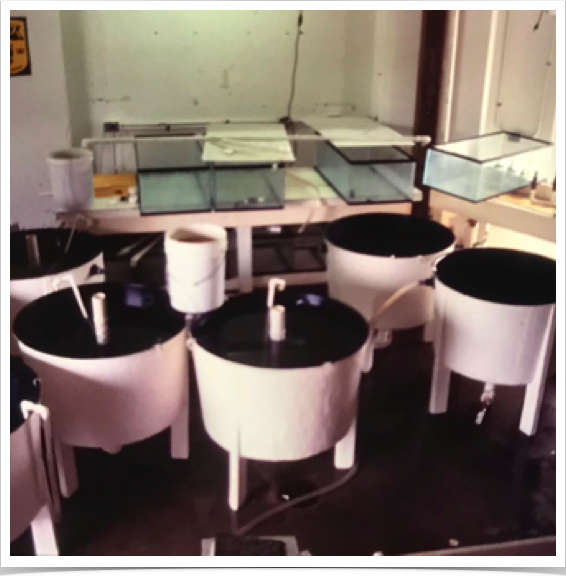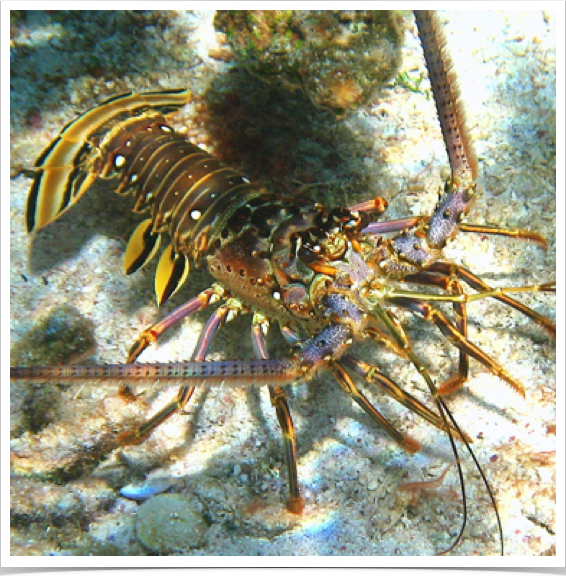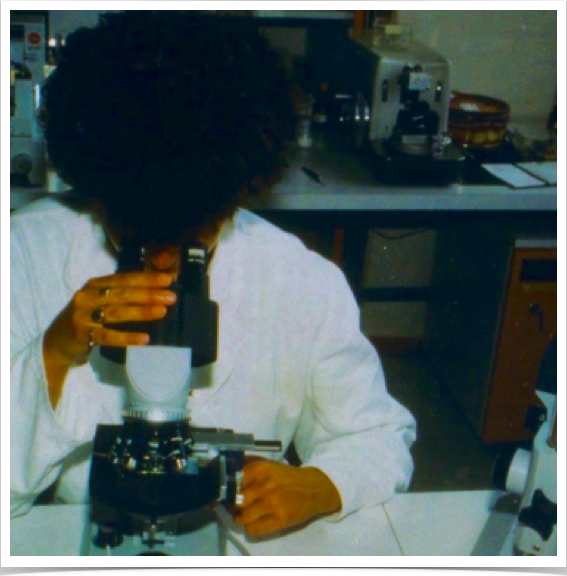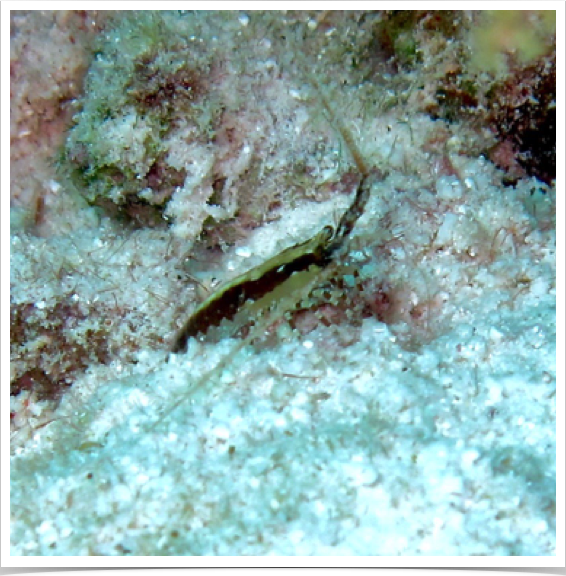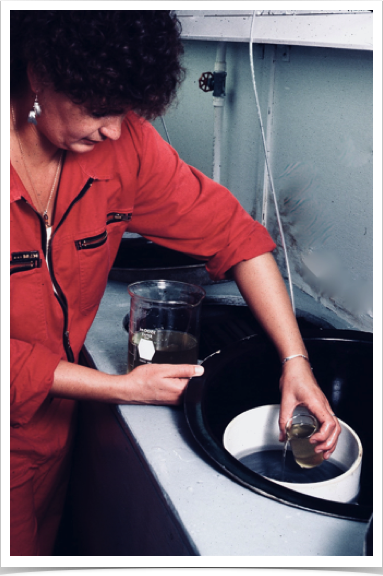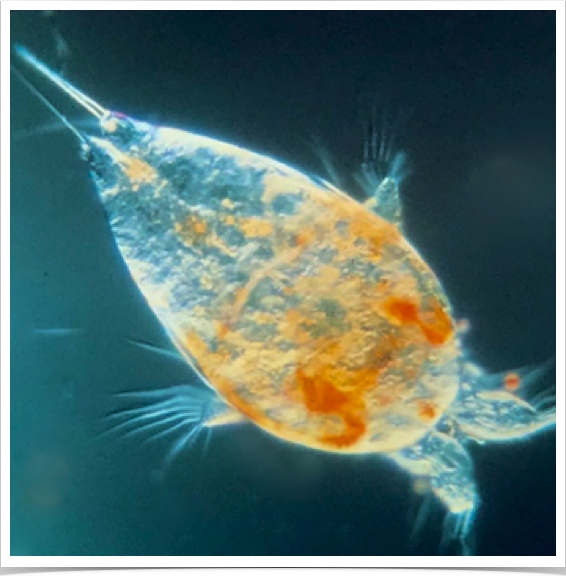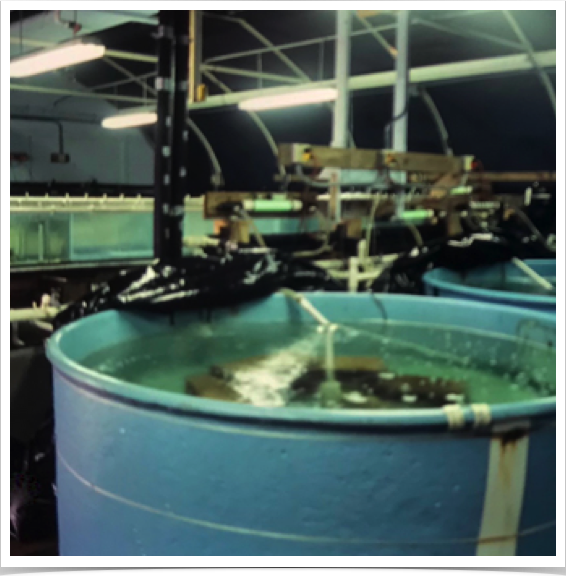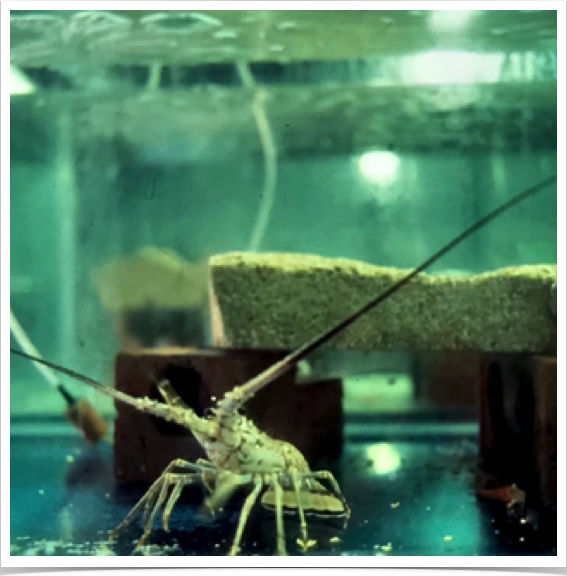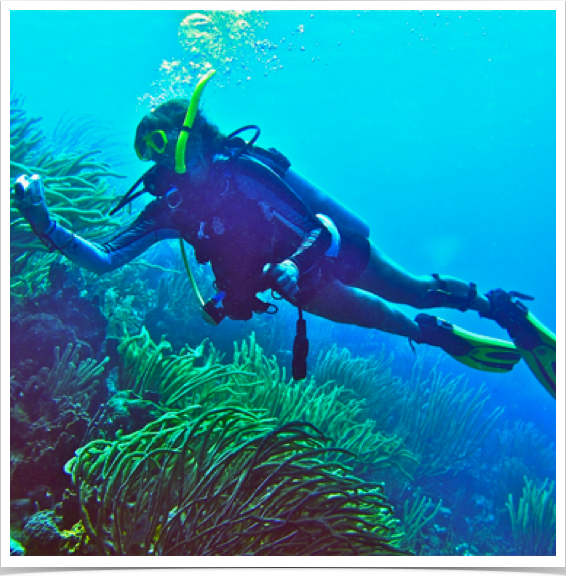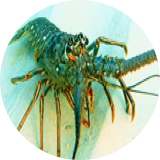
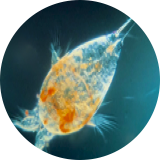
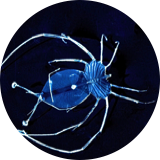
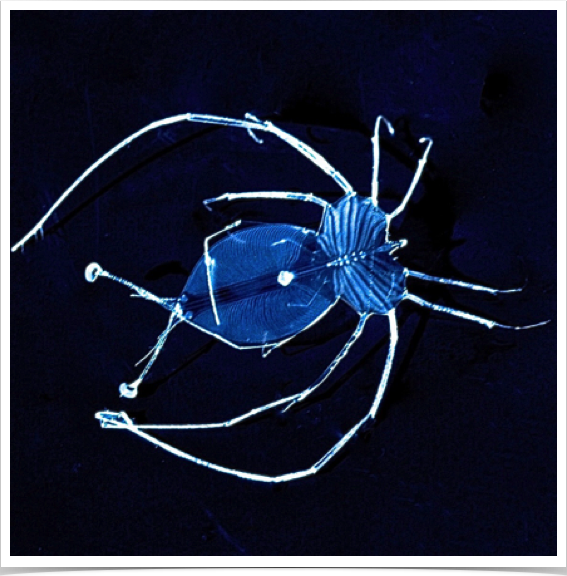
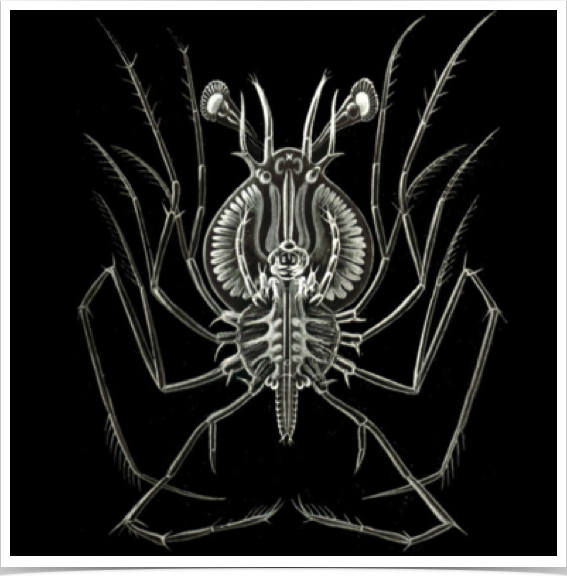
Development of culture techniques for Caribbean Spiny Lobster - valuable as marine resource management tool and useful for ocean conservation strategies in helping to replenish coral reef ecosystems in the future.
CONTRACT & POSTDOCTORAL RESEARCH
POSTDOCTORAL RESEARCH - Biophysical marine studies at Vero Beach Marine Laboratory in Vero Beach (Florida) - in collaboration with Harbor Branch Oceanographic Institution. The oceanfront Vero Beach Marine Laboratory (VBML) was a field laboratory established in 1981 as a satellite campus for Florida Institute of Technology (Melbourne, FL) - offering an excellent setting for aquaculture research until its closing in 2017.
RESEARCH STUDIES:
• Ocean conservation and Caribbean Spiny Lobster stock enhancement research funded by the Florida Fish and Wildlife Conservation Commission (FWC).
• Oceanographic parameters associated with early life history, survival and development of Caribbean Spiny Lobster Panulirus argus (Palinuridae) - knowledge essential to predict successful recruitment of wild spiny lobster populations.
• Larviculture experiments of Caribbean Spiny Lobster Panulirus argus. A collaborative project - FIT's Vero Beach Marine Laboratory and Harbor Branch Oceanographic Institute.
CONTRACT RESEARCH
• Brand specific sunscreen toxicity in six species of reef-building hard corals. Contract research at Biocepts International, Inc. in collaboration with Florida Institute of Technology's Vero Beach Marine Laboratory. Funding by Patrick’s Sunscreen, Inc.
Click on any picture below to start slide show.
FLORIDA INSTITUTE OF TECHNOLOGY
VERO BEACH MARINE LABORATORY
FLORIDA INSTITUTE OF TECHNOLOGY
VERO BEACH MARINE LABORATORY
Home / Your Professor / Biography / Research / Marine Laboratories / Vero Beach Marine Laboratory
